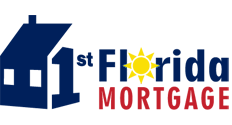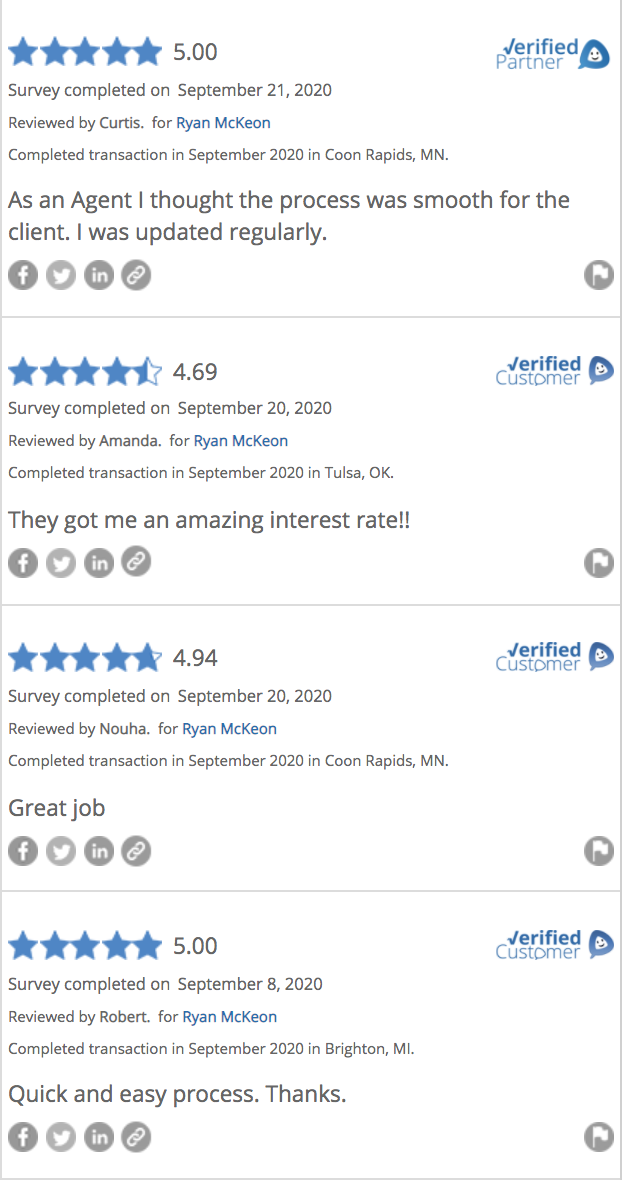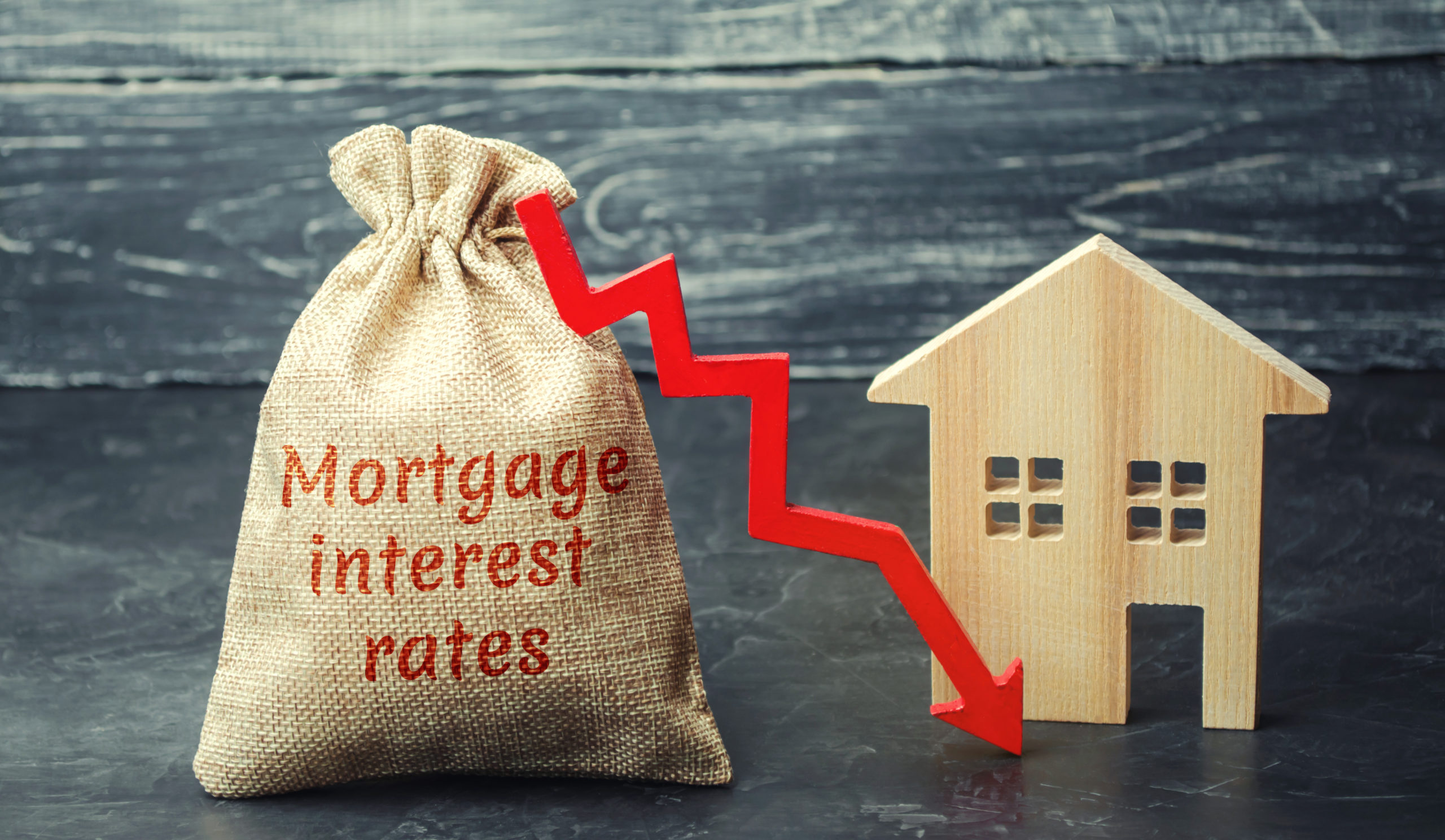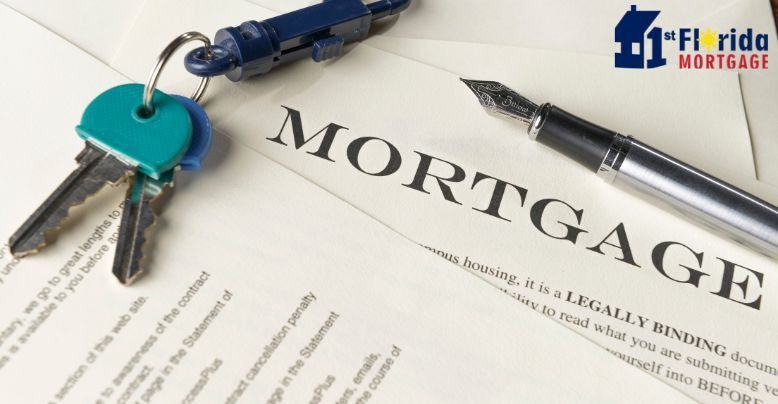Whether you’re a first-time home buyer in Florida, or are an empty nester ready to downsize, you’ll need to complete a lot of steps before you consider talking with a lender. There are many things you’ll need to do to get ready to buy a home. It can be overwhelming. It might sometimes feel like you’ll never get the keys to your dream home. We hope the advice in this article can help you better understand this aspect of the home buying process.
DO: Explore Your Mortgage Choices
First of all, don’t want to wait until you’ve found the home you want to buy before you think about how to finance it. One of the initial steps to buy a home is to explore your mortgage choices. This way, you’ll be ready to make an offer when you find the home you want. Research a variety of lenders—then, spend the time to talk to your top few choices to ask questions and find out what kind of mortgage is right for you.
Look into a variety of programs available to home buyers, including:
- FHA loans. Florida FHA home loans are government-backed by the Federal Housing Administration, and help people buy moderately priced homes with a down payment as low as 3.5%.
- VA loans. Florida VA home loans are also government-backed, by the US Department of Veterans Affairs (VA); they offer loans that helps service members, veterans, and surviving spouses purchase homes.
- The Good Neighbor Next Door Sponsored by the Department of Housing and Urban Development (HUD), this program is for buyers who are teachers, law enforcement officers, firefighters and emergency medical technicians, or EMTs—buyers who don’t belong to those professions can’t participate in the program. In most cases, the house must be located in a revitalization area community where the buyer works; for example, a teacher would need to buy a home in the district where their school is located.
- USDA loans. Believe it or not, the US Department of Agriculture (USDA) offers home loans. These Florida mortgages are for eligible rural and suburban homebuyers. You don’t need to buy or run a farm to qualify for a USDA loan. USDA loans feature fixed loan payment rates, and don’t always require a down payment.
- Local first-time home buyer programs and grants. Many states and cities have programs that are designed to help first-time buyers in their communities.
DO: Compile Paperwork
You’ll need to have a lot of paperwork ready to provide your lender. And, you’ll probably have to provide the same documents more than once. Instead of being frustrated by the process, be ready. The most common items you’ll need when you’re working with a lender on a mortgage include are listed below. If you are applying for a mortgage with another person, you’ll need this information for both people.
- Names and numbers for all the banks where you have checking and savings accounts
- Bank statements for at least the past 3 months
- Driver’s license or state ID
- Social security number
- College transcripts, if you’ve been a student within the past 2 years
- Divorce decrees, if divorced within the past 2 years
- Address history for at least the past 3 years
- Tax returns for at least the past 2 years
- Paycheck stubs for income verification for at least the past 2 months
- At least the past 2 years of W-2 forms showing income
- Job history for at least the past 2 years
- Most recent 401(k) statements
- Statements for all retirement accounts
- Net worth document listing all assets and liabilities including account numbers
- Copy of balance sheet, if self-employed
- Bankruptcy discharge papers, if applicable
- Proof of bonuses for the past 2 years, if applicable
- Proof of residency, if applicable
- Copy of gift letter, if applicable
DON’T: Change Your Spending Patterns
Of course, you don’t want to be deceptive when you’re applying for a mortgage—that can reduce or eliminate your chances of being approved. By being dishonest, you might also find yourself paying for a home you can’t afford.
When you’ve decided it’s time to get serious about a new mortgage, you need to be very careful with your money. You probably noticed the list of documents you’ll need to provide is fairly long. That might not even be all you’re asked to provide.
The last thing you want to do is make any kind of change in your finances. Doing so could cause the lender to question your ability to repay the loan. Let’s say you’ve been approved for your mortgage loan, and you need furniture for the new home. Don’t buy it—or make any other kinds of large purchase—until after closing.
If you open or close credit accounts or move large sums of money between accounts, this may change your credit score. Changing your credit score in the middle of the mortgage process can stall the entire process. The lender may want to charge you a different interest rate, for example.
DON’T: What Not to Do When Applying for a Home Loan
Above, we discussed some reasons why you want to keep your finances calm and flat during the homebuying process. Here are 10 specifics:
- Don’t change jobs, become self-employed, or quit your job.
- Don’t buy a car, truck, or van.
- Don’t use credit cards excessively or make late payments.
- Don’t spend a single dollar of the money set aside for closing.
- Don’t omit debts or liabilities from your loan application.
- Don’t buy new furniture or appliances until after closing.
- Don’t allow credit checks from anyone other than your mortgage lender.
- Don’t make large deposits without checking with your loan officer.
- Don’t change bank accounts.
- Don’t co-sign a loan for anyone.
First Florida Mortgage Can Help
At First Florida Mortgage, we are a Florida-based mortgage company that can help you through every step of financing your new home. Fill out the quick contact form or call First Florida Mortgage today at 1-407-392-4031 to speak with one of our Florida mortgage specialists and get a free good faith estimate.





